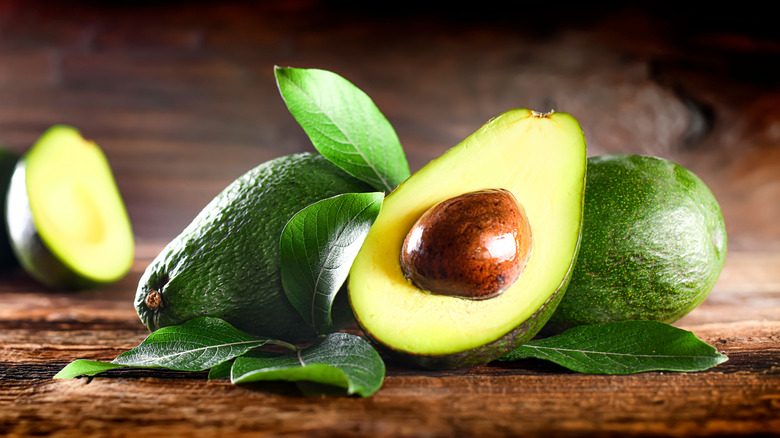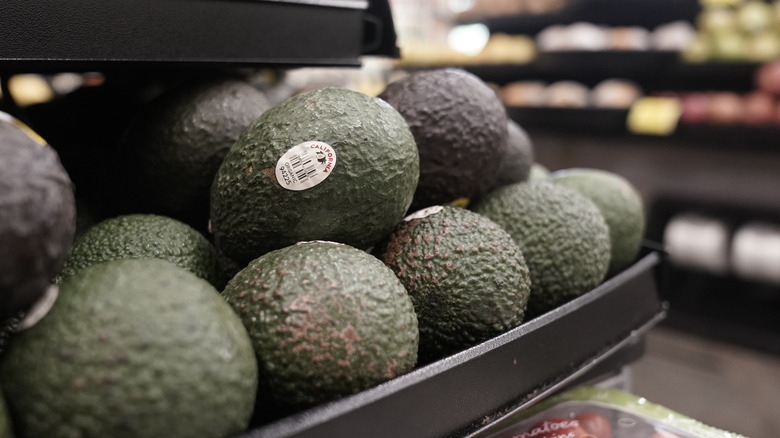You Should Never Feed Birds Avocado. Here's Why
Owners of Polly and Tweety beware: Although you may be tempted to offer your birdie a bite of your avocado, small amounts will easily poison your feathered friend.
The Northern Suburbs Veterinary Hospital in Greensborough, Australia explains that avocado toxicosis is due to infestation of persin, a fungicidal toxin that is harmless to humans when consumed in avocado amounts. In birds, however, the same substance inspires weakness, depression, and a disclination to perch. Then, usually death. The amount that proves fatal varies with the species of bird. The clinic lists the doses as 3.5 grams for parakeets, somewhere between 20 and 30 grams for cockatiels, and two grams for canaries.
Cuteness notes that if your bird is showing signs of avocado toxicosis, then it is already too late. There is no known cure, although your vet may be able to provide some level of effective treatment, such as injecting intravenous fluids to dilute the toxins.
You still shouldn't eat avocado pits
Pet birds aren't the only ones for whom the lowly avocado poses some level of threat. Despite the wellness boom that suggests you should consume avocado pits, you might want to pass on that trend. Although the pepsin in the fruit won't hurt you, researchers have yet to delve into the question of the seed.
In the FAQs section of their website, the California Avocado Commission felt compelled to address the question of whether the seed of the avocado has further nutritional benefits: "The seed of an avocado contains elements that are not intended for human consumption." The issue, as Health wrote in 2016, was that no one had studied the seeds at length. Moreover, those that had studied the nutritional aspects of the seeds only studied the extracts of them, not the seeds themselves. By 2019, ThoughtCo. admitted that while the seeds contain fiber, vitamins E and C, and phosphorus, researchers still had to develop a holistic picture of the seed's health impact.
However, that does not mean you have to throw the pit out. Ruth Singer, for example, suggests using the seed as the base for a pink clothing dye. So, until we know whether the seeds are ultimately healthy or unhealthy, there is still use for them.

